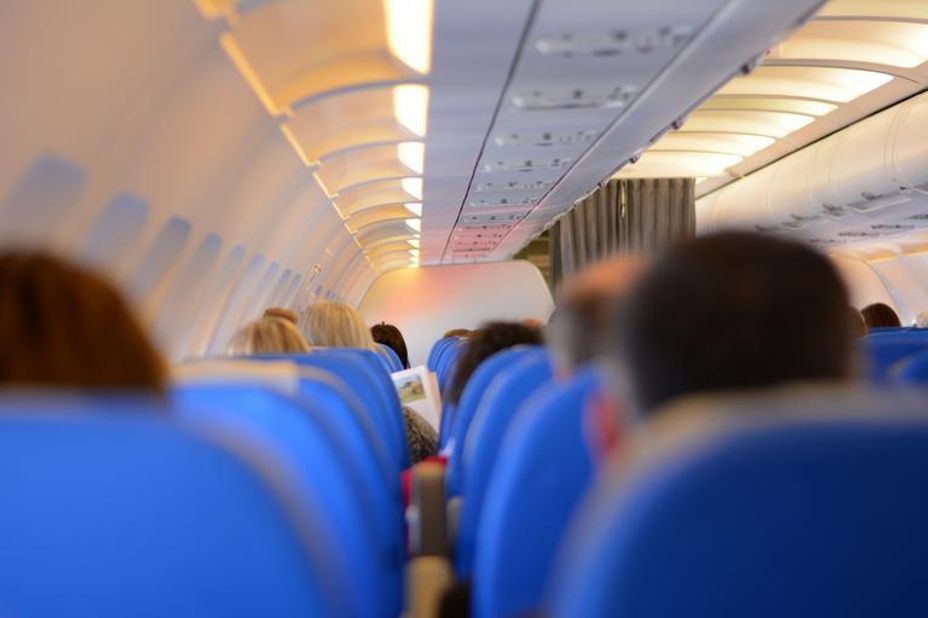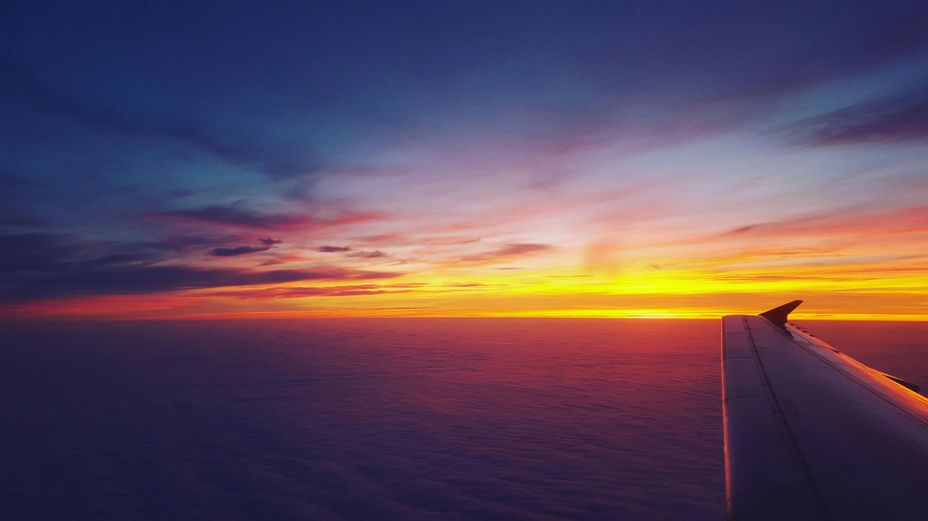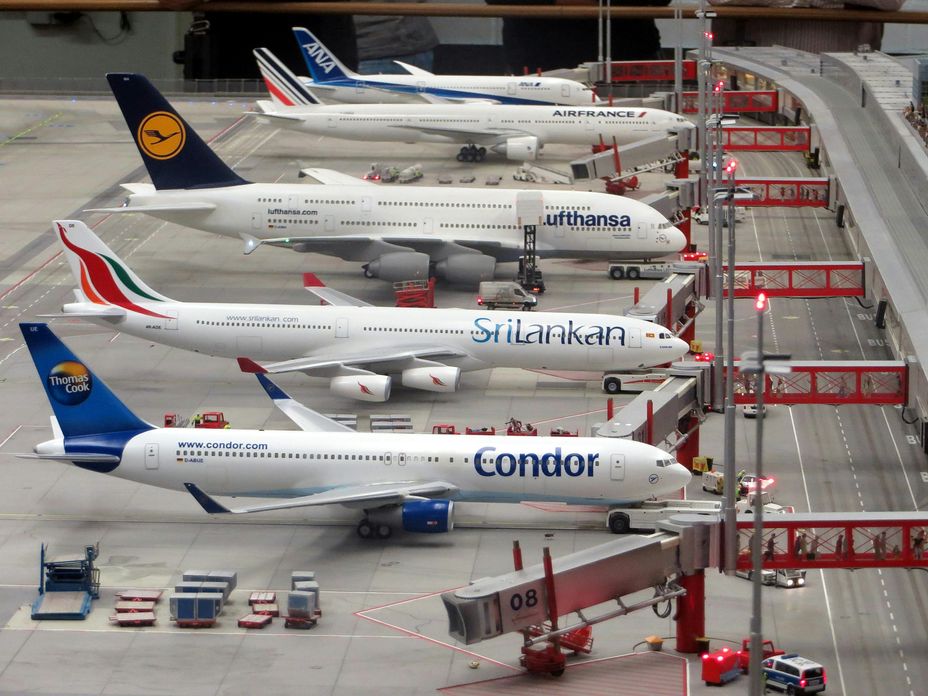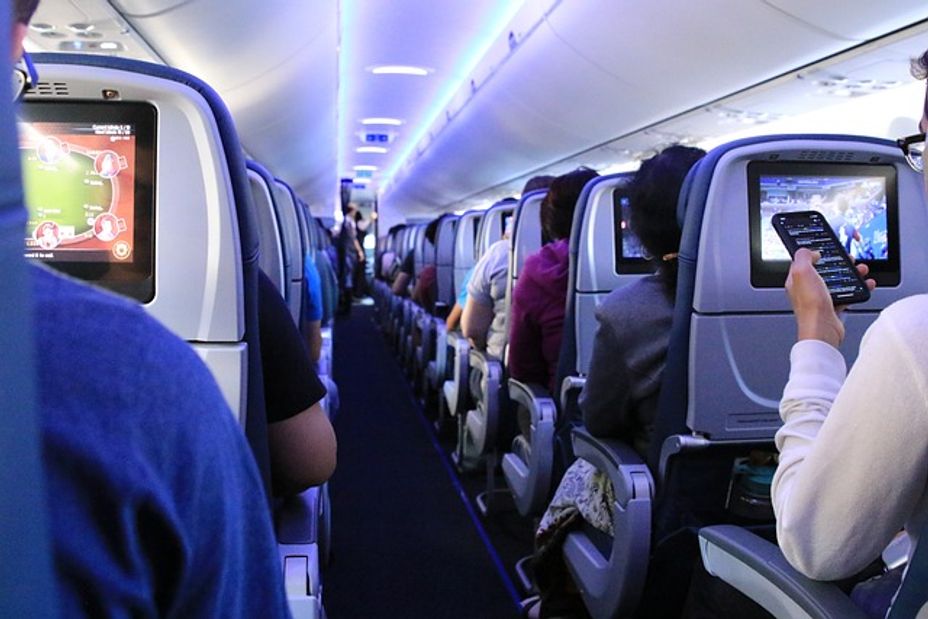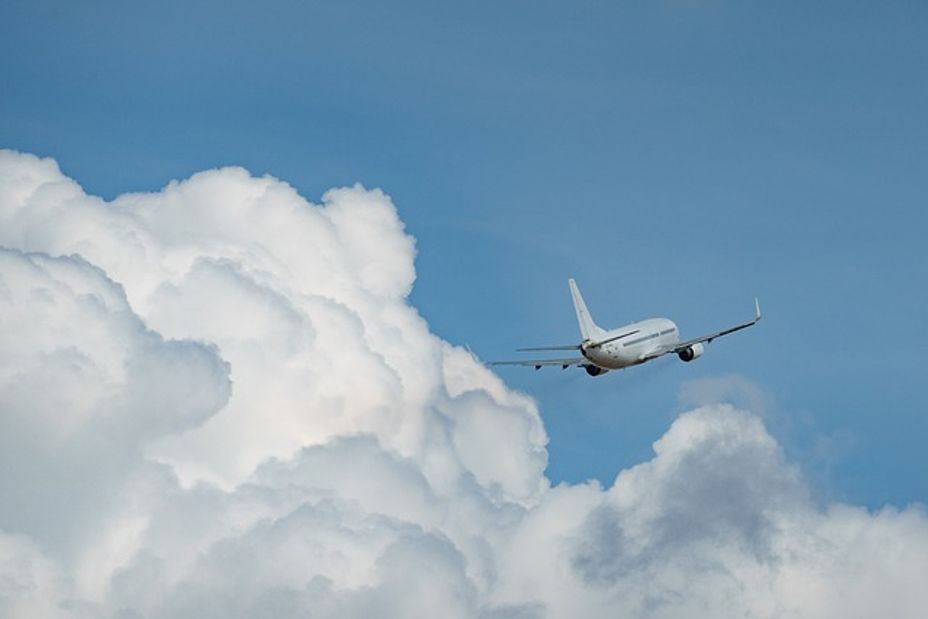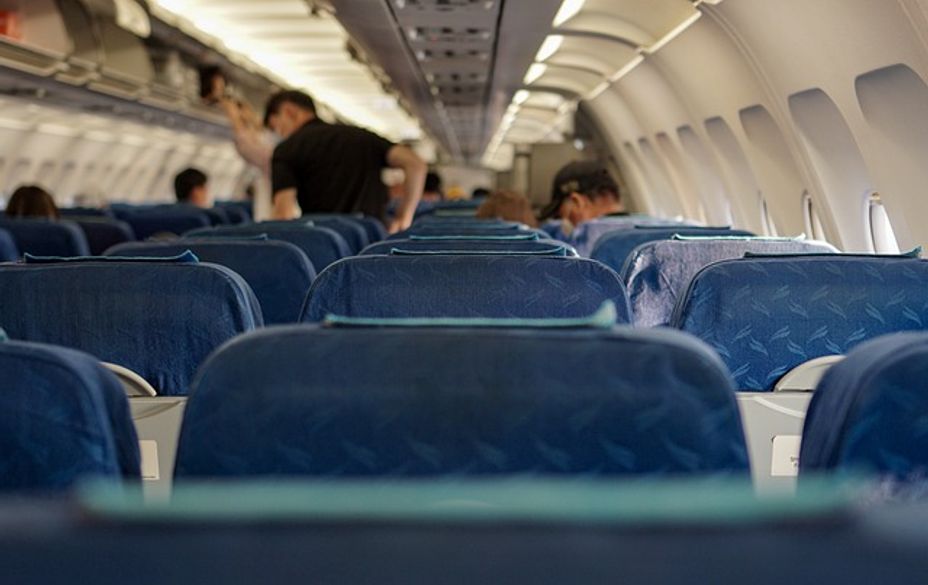How Do You Deal With Turbulence?
Many people struggle with turbulence when it comes to fear of flying. Some spend much of a flight anticipating turbulence, almost bracing for it throughout the flight while hoping it doesn't show up. Even though people know rationally in their minds that turbulence is a part of flying and doesn't present any reasonable danger (outside of not wearing a seatbelt during turbulence), the emotional experience of turbulence can feel like you are in danger— that catastrophe either is happening, or about to happen.
Fear of Turbulence
There's a lot that goes into fear of turbulence, psychologically and emotionally on deeper levels, and these underlying causes for the fear generally vary from person to person. The body can emotionally have a way of responding immediately to turbulence, whether it's tension, a pit in the stomach, heart rate increasing, sweaty palms, panic, rapid breathing, and more. Thoughts and worries can start to surface, imagining all of the bad things that could happen or may be happening, even if they're not actually happening. These "what if's" can take over when feeling out of control and scared. These are important to address while working to overcome fear of flying.
The vulnerability that comes along with being in a shaking plane can feel incredibly overwhelming. Many people with flying anxiety experience the moment turbulence starts as an indication everything is going wrong. It goes from smooth and stable to out of control and seemingly catastrophic very quickly.
Fear of Flying Programs and Even Many Therapies Miss on Treating Turbulence (and Flying Anxiety as a Whole)
Turbulence has stumped people over time who try to help with fear of flying. While I work with the whole range of fear of flying (from people who fly with anxiety to those who don't fly at at all), I do hear from a significant number of people who haven't been able to overcome the fear of turbulence in spite of all of the therapies and programs by airlines and pilots they have tried. They may learn a lot about turbulence, but still can't stop the emotional response when in it, or in the anticipation of it.
One of the reasons people often feel little improvement for fear of flying and turbulence is that the vast majority of what's out there uses typical emotional regulation techniques that have never really worked well in flying scenarios (imagery or breathing exercises). While these types of exercises can be useful for parts of the overall flying anxiety process, they don't tend to be so helpful with with calming anxiety and panic once it has taken over. These exercises often misdirect people into trying to control their feelings in ways that emotionally sets up an internal battle in these fearful moments. If you feel like your safety is truly being threatened, you can't just start meditating or deep breathing with any sort of effectiveness. It becomes a tug-of-war that often leaves people feeling more out of control and helpless.
So, How Can People Approach Turbulence in a Way that Can Be Helpful?
I've written a lot about my approach to helping people overcome fear of flying in other articles if you wish to read more. A significant piece of overcoming fear of flying is shifting how we experience flying and how we interact with it. The same goes for turbulence. When we get caught up in trying to make big feelings smaller, or trying to figuratively run away from the turbulence (which many common emotional regulation techniques aim to do), we are already fighting a losing battle. As much as we may urge to, we can't run away from the turbulence when we're in the plane with it.
Therefore, it becomes necessary to shift how we interact with the turbulence, as opposed to battling it for emotional control. Rather than trying to get away from it, it's important to start finding the middle ground between smooth and catastrophic, and start shifting the "what if's" into "what is". A lot of people who struggle with flying anxiety can find it difficult to locate that middle ground, which can lead to catastrophic feelings if any turbulence shows up (or a certain threshold of shaking or bumping in the plane is crossed).
A Turbulence Exercise
I have created a number of turbulence exercises that focuses on shifting how you engage with turbulence—effectively changing the interaction with it, locating the what is and the middle ground—which actually gives you the space to feel more empowered and in control in these moments. When you can coexist with the turbulence, you allow the room to start to experience that it's not as scary.
One starter exercise is to "rate the bumps" in turbulence.
What does this involve?
It's how it sounds. When the plane bumps or shakes, rate the intensity of the bump on a scale of 1-10 (10 being the strongest bump). Keep a list on your phone or write it down somewhere as you experience each bump. Keep writing down rating of each bump through turbulent moments—3/10, 6/10, 4/10, 3/10 again, etc. Try to be reasonable with it. If every bump is a 10/10 then try to challenge yourself to find a different number for as many as possible. As turbulence happens, continue to add to the list while looking back over the list to remind yourself of the middle ground between catastrophe and calm.
Building On This Technique and Overcoming Fear of Flying
This one exercise shouldn't be expected to cure your fear of turbulence on its own, so don't over expect from it. But it can hopefully start to lower the catastrophic feelings just a bit into a middle ground, as you allow yourself to experience a different interaction with turbulence. You're not running from it now, you're engaging with it. This allows the space to be in the room (or plane) with turbulence and, mixed in with other turbulence exercises and working through your own fear, this new interaction can go a long way towards overcoming fear of turbulence and flying anxiety as a whole.
#Phobia #fearofflying #Claustrophobia #PanicAttacks #Anxiety #Agoraphobia #flyinganxiety
